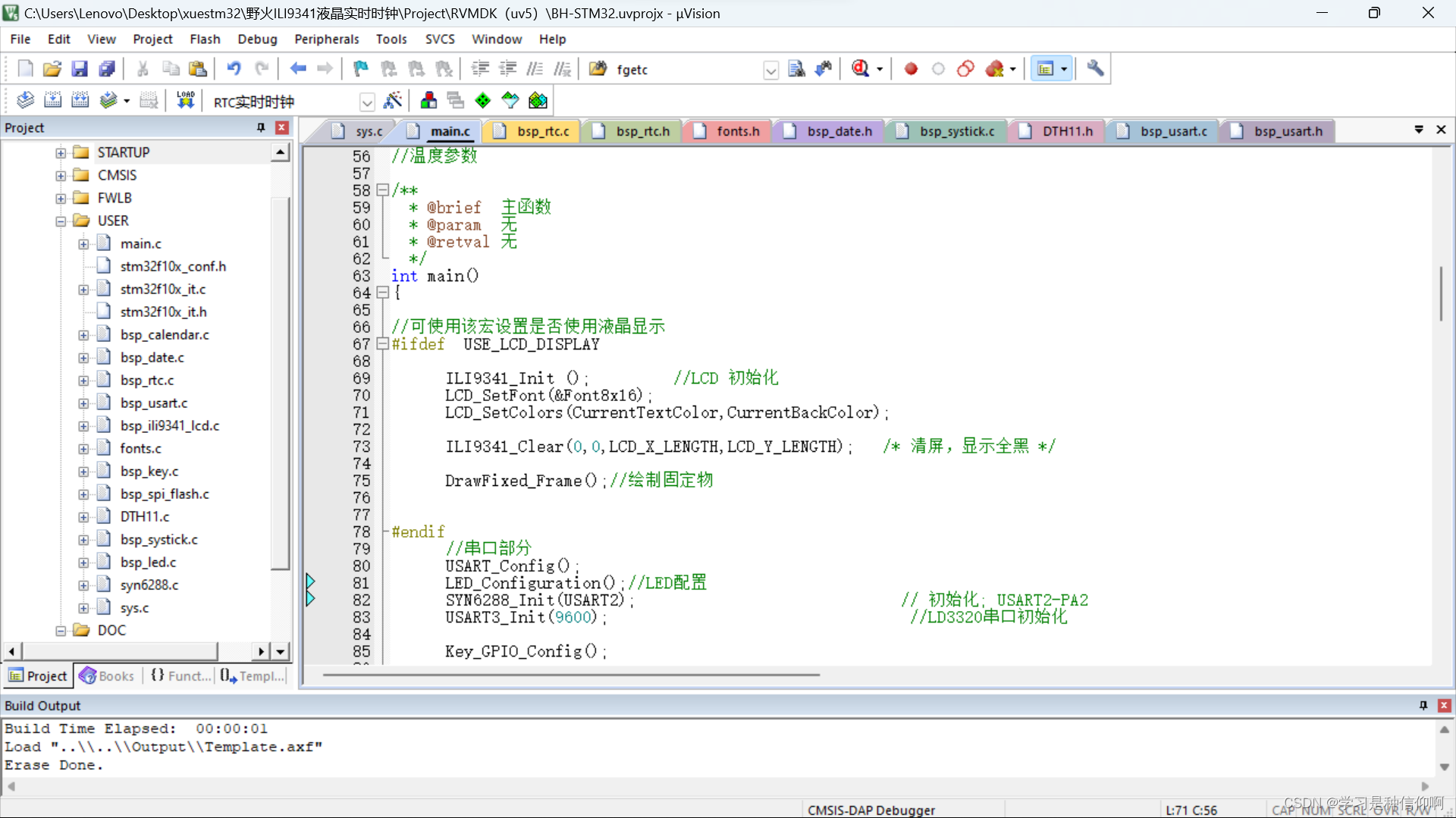百度语音识别api调用 python
最近在处理语音检索相关的事。其中用到语音识别,调用的是讯飞与百度的api,前者使用js是实现,后者用python3实现(因为自己使用python)环境:python3.5centos 7流程整个百度语音识别rest api 使用分为三部分:1 (申请操作)创建应用,获取应用的 API Key 以及 Secret Key。2(程序实现)通过已知的 应用的 API Key 以及 Se
·
最近在处理语音检索相关的事。
其中用到语音识别,调用的是讯飞与百度的api,前者使用js是实现,后者用python3实现(因为自己使用python)
环境:
python3.5
centos 7
流程
整个百度语音识别rest api 使用分为三部分:
1 (申请操作)创建应用,获取应用的 API Key 以及 Secret Key。
2 (程序实现)通过已知的 应用的 API Key 以及 Secret Key, 发送post 请求到 https://openapi.baidu.com/oauth/2.0/token 获取 token
3 (程序实现) 通过上步骤获取的 token,通过post, 发送相关的 语音信息 到 http://vop.baidu.com/server_api ,获取识别结果.
以上过程参考百度语音开发文档,或者网上的资料:
http://yuyin.baidu.com/docs/asr/57
python实现
程序整体如下:
import requests
import json
import uuid
import base64
def get_token():
url = "https://openapi.baidu.com/oauth/2.0/token"
grant_type = "client_credentials"
api_key = "NzGBYD0jPFDqVT8VHRYa****" # 自己申请的应用
secret_key = "8439155b9db2040b4acd13b0c*****" # 自己申请的应用
data = {'grant_type': 'client_credentials', 'client_id': api_key, 'client_secret': secret_key}
r = requests.post(url, data=data)
token = json.loads(r.text).get("access_token")
return token
def recognize(sig, rate, token):
url = "http://vop.baidu.com/server_api"
speech_length = len(sig)
speech = base64.b64encode(sig).decode("utf-8")
mac_address = uuid.UUID(int=uuid.getnode()).hex[-12:]
rate = rate
data = {
"format": "wav",
"lan": "zh",
"token": token,
"len": speech_length,
"rate": rate,
"speech": speech,
"cuid": mac_address,
"channel": 1,
}
data_length = len(json.dumps(data).encode("utf-8"))
headers = {"Content-Type": "application/json",
"Content-Length": data_length}
r = requests.post(url, data=json.dumps(data), headers=headers)
print(r.text)
filename = "two.wav"
signal = open(filename, "rb").read()
rate = 8000
token = get_token()
recognize(signal, rate, token)同时,获取语音信息可以通过:
import scipy.io.wavfile
filename = "two.wav"
rate, signal = scipy.io.wavfile.read(filename=filename)更多推荐
 已为社区贡献2条内容
已为社区贡献2条内容









所有评论(0)